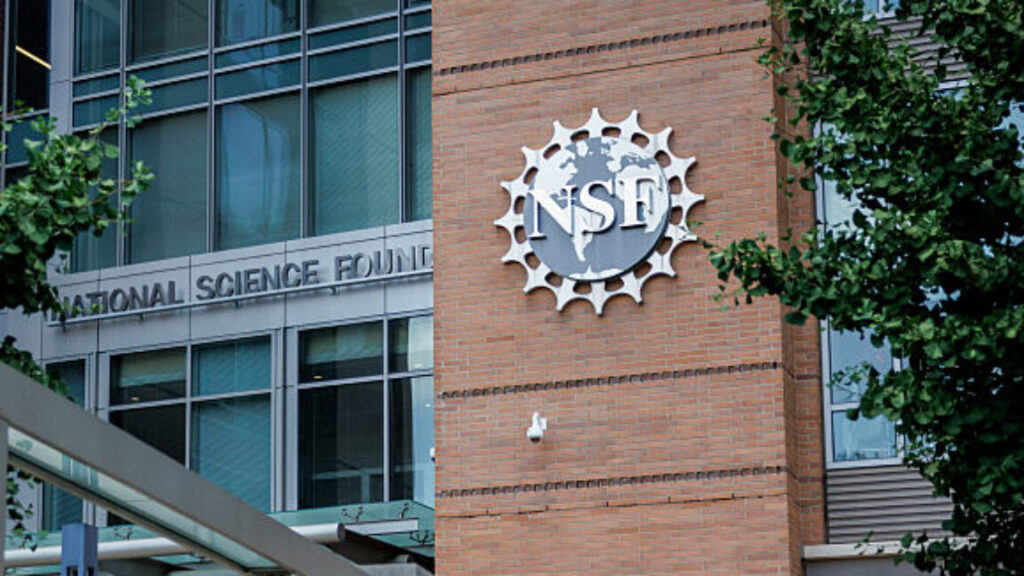Python plan to boost software security foiled by Trump admin’s anti-DEI rules
“Given the value of the grant to the community and the PSF, we did our utmost to get clarity on the terms and to find a way to move forward in concert with our values. We consulted our NSF contacts and reviewed decisions made by other organizations in similar circumstances, particularly The Carpentries,” the Python Software Foundation said.
Board voted unanimously to withdraw application
The Carpentries, which teaches computational and data science skills to researchers, said in June that it withdrew its grant proposal after “we were notified that our proposal was flagged for DEI content, namely, for ‘the retention of underrepresented students, which has a limitation or preference in outreach, recruitment, participation that is not aligned to NSF priorities.’” The Carpentries was also concerned about the National Science Foundation rule against grant recipients advancing or promoting DEI in “any” program, a change that took effect in May.
“These new requirements mean that, in order to accept NSF funds, we would need to agree to discontinue all DEI focused programming, even if those activities are not carried out with NSF funds,” The Carpentries’ announcement in June said, explaining the decision to rescind the proposal.
The Python Software Foundation similarly decided that it “can’t agree to a statement that we won’t operate any programs that ‘advance or promote’ diversity, equity, and inclusion, as it would be a betrayal of our mission and our community,” it said yesterday. The foundation board “voted unanimously to withdraw” the application.
The Python foundation said it is disappointed because the project would have offered “invaluable advances to the Python and greater open source community, protecting millions of PyPI users from attempted supply-chain attacks.” The plan was to “create new tools for automated proactive review of all packages uploaded to PyPI, rather than the current process of reactive-only review. These novel tools would rely on capability analysis, designed based on a dataset of known malware. Beyond just protecting PyPI users, the outputs of this work could be transferable for all open source software package registries, such as NPM and Crates.io, improving security across multiple open source ecosystems.”
The foundation is still hoping to do that work and ended its blog post with a call for donations from individuals and companies that use Python.
Python plan to boost software security foiled by Trump admin’s anti-DEI rules Read More »


